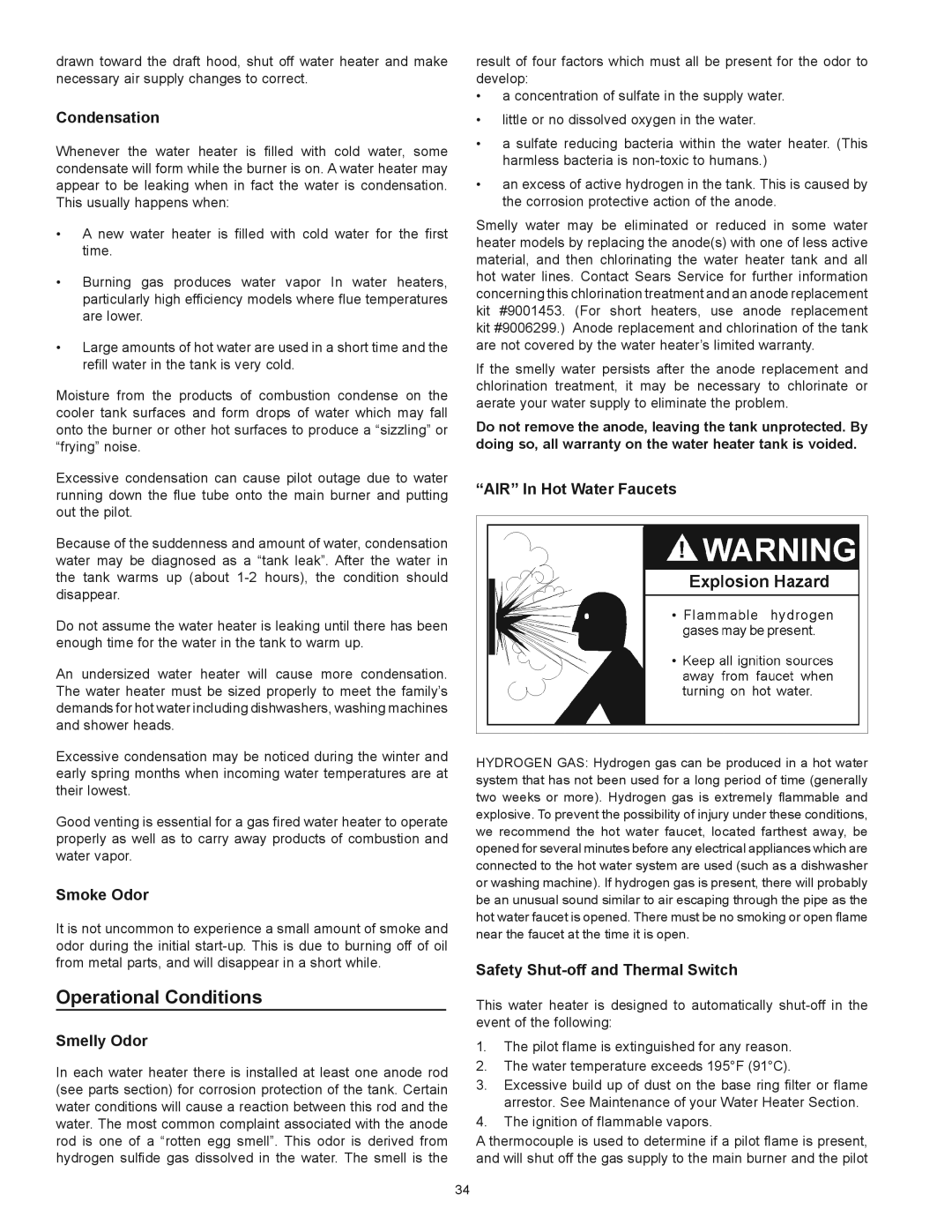153.339432, 153.339372, 153.33955, 153.339572, 153.339482 specifications
Kenmore, a brand synonymous with quality home appliances, offers a wide range of products designed to make household tasks more efficient and enjoyable. Among their notable offerings are models 153.339432, 153.339482, 153.33955, 153.339473, and 153.339372. These models stand out due to their innovative features, advanced technologies, and user-friendly characteristics.The Kenmore 153.339432 model is recognized for its sleek design and powerful performance. It boasts an energy-efficient motor that not only reduces electricity consumption but also enhances the longevity of the appliance. This model is equipped with multiple speed settings, allowing users to tailor operations according to their specific needs, whether it’s for intensive cleaning or gentle care.
In contrast, the 153.339482 emphasizes versatility with its multi-function capabilities. This model accommodates a variety of cooking styles and methods, ranging from steaming to conventional baking. Its digital interface simplifies the cooking process, making it easy for users to navigate settings and timers, ensuring that meals are cooked to perfection every time.
The Kenmore 153.33955 is distinguished by its smart technology integration. This model can be controlled remotely via a smartphone app, providing the convenience of monitoring cooking from anywhere in the home. Users can set cooking times, adjust temperatures, and receive notifications when the food is ready, merging traditional cooking wisdom with modern technological advancements.
Model 153.339473 offers an enhanced safety profile, featuring automatic shut-off functions and child lock settings. This ensures peace of mind for families, particularly those with young children. The durable construction and high-quality materials used in this model further enhance safety and reliability, making it a top choice for parents.
Lastly, the Kenmore 153.339372 is engineered with sustainability in mind. It incorporates eco-friendly materials and processes, reducing its environmental footprint without compromising on performance. This model also features an intuitive energy-saving mode, which encourages users to optimize cooking habits and reduce waste.
Together, these Kenmore models exemplify the brand's commitment to innovation, safety, and environmental consciousness, catering to diverse consumer needs while ensuring quality and reliability in every use. With Kenmore, customers can trust that they are investing in products designed to enhance their daily lives.

